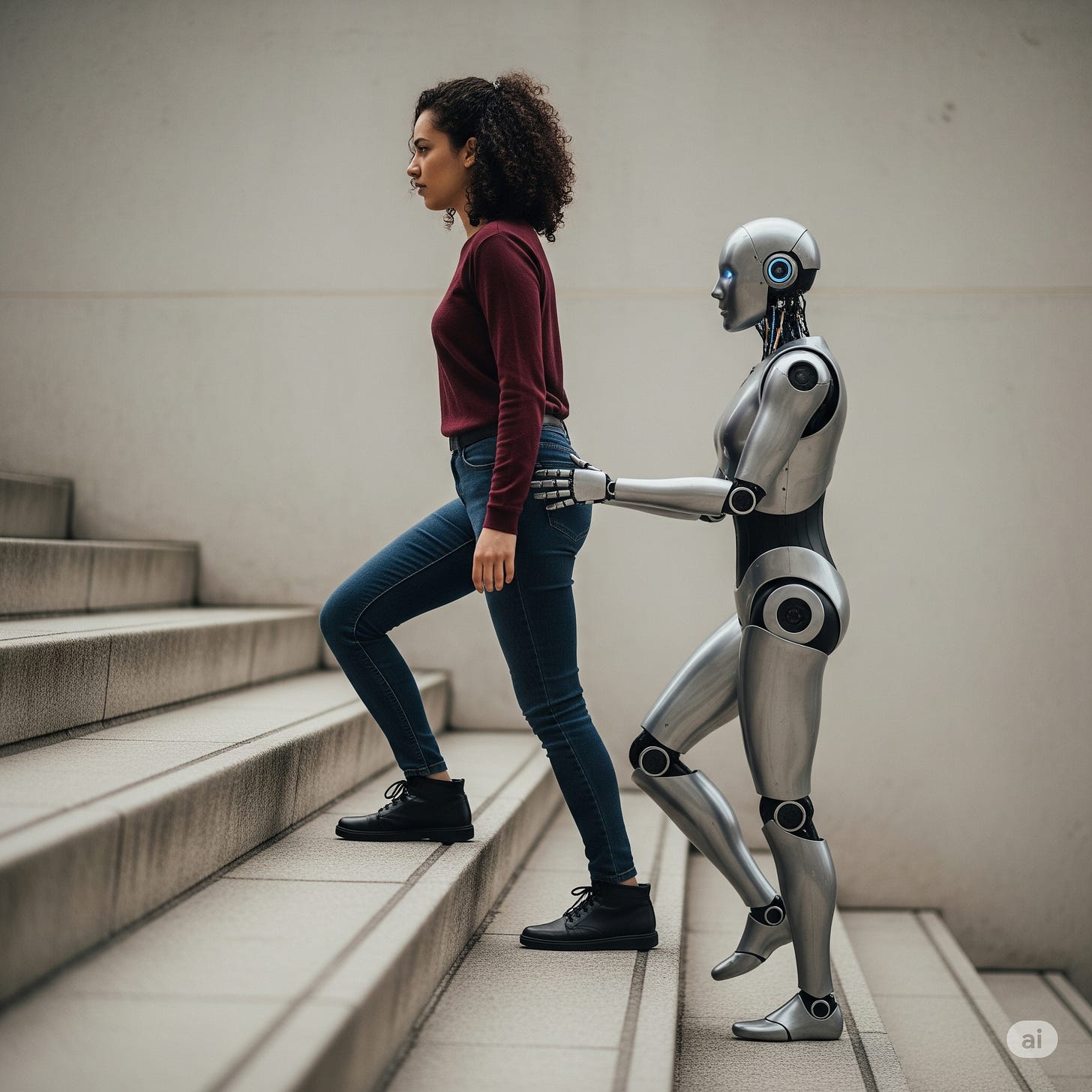Will AI Create a New "Mediocrity"?
At the EntreBoss Hub discussion at a session brought to light, in my opinion, an outdated narrative: the idea that AI will simply replace people who don't use it. While that notion held some weight in earlier stages of AI adoption, the reality has evolved dramatically. Today, as businesses increasingly equip their employees with powerful AI tools, the true game-changer isn't AI replacing people, but rather AI replacing people who are mediocre, those who cannot elevate their value beyond what intelligent machines can already provide. This crucial distinction marks a new frontier in workforce evolution, demanding a re-evaluation of how we perceive skills, productivity, and indispensable human contribution.
AI: The New Bar for Mediocrity
Artificial intelligence is rapidly redefining the baseline of acceptable performance. Tasks that once required significant human effort, from data analysis and content generation to basic coding and customer service queries, are now being handled by AI with speed and accuracy previously considered science fiction. This means that merely performing these tasks competently no longer distinguishes one as outstanding. AI effectively sets a new, higher floor for what constitutes "mediocre" output, making any work that simply replicates AI's capabilities increasingly visible as low-value.
As AI makes its continuous advancement, this definition of mediocrity will only continue to escalate. What seems impressive for an AI tool today will be commonplace the next day. The competencies required to stand out in the workforce will constantly increase, pushing humans to operate at higher levels of critical thinking, creativity, and unique problem-solving.
Boosting Your Value: The Learning Velocity Imperative
To thrive in this evolving landscape, AI literacy becomes non-negotiable. Employees must first learn what AI excels at – its strengths, limitations, and how it can augment their work. This understanding allows them to focus their human efforts where AI cannot yet compete: contextual judgment, empathy, nuanced communication, strategic foresight, and complex interdisciplinary problem-solving. It's about knowing where to add value on top of AI, not instead of it.
Crucially, this demands a relentless commitment to learning and a deliberate effort to increase one's learning velocity. This means understanding efficient learning habits, identifying peak learning times, and consciously striving to enter "flow states" as described by Mihaly Csikszentmihalyi. It's about continually prioritizing what to learn next, focusing on skills that remain uniquely human or that leverage AI in innovative ways.
Conclusion
The conversation around AI and the future of work MUST SHIFT. It's no longer about whether AI will replace humans, but about AI elevating the standard for human contribution. The future belongs to those who embrace AI literacy, continuously adapt, and relentlessly increase their learning velocity, proving their indispensable value beyond the capabilities of even the most sophisticated algorithms. It's time to stop merely calling for human-in-the-loop and start actively designing the human's strategic role within the AI-augmented enterprise.
Comment below! :)
Is this issue interesting? Consider sharing or subscribing if you have not. :)
To continue supporting my work, consider sharing this and getting me a “book” or two over here. :)
Past Issues:





